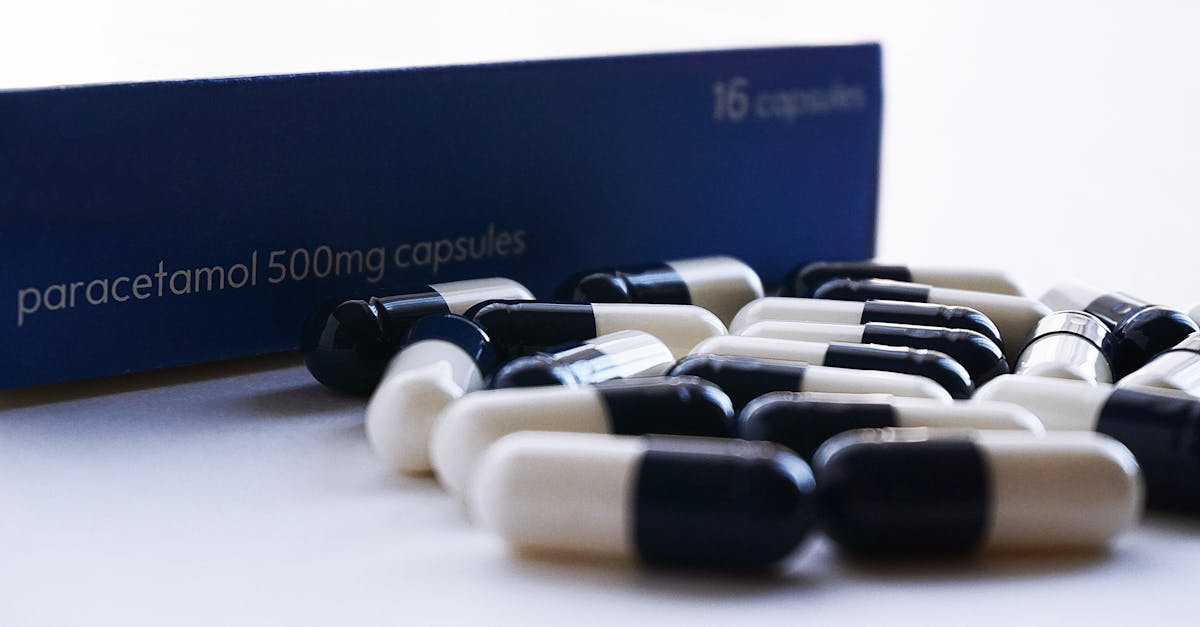Exploring Psoriatic Arthritis Treatment Options
Introduction
Psoriatic arthritis (PsA) is a chronic inflammatory condition affecting joints and skin. It impacts individuals with psoriatic disease, causing joint pain and stiffness. Prompt treatment can mitigate severe symptoms and enhance the quality of life.
Advertisement
Non-Steroidal Anti-Inflammatory Drugs (NSAIDs)
NSAIDs are often the first line of treatment for PsA. These medications help alleviate pain and reduce inflammation. They can be over-the-counter, like ibuprofen, or prescription strength. While effective for mild symptoms, NSAIDs may not address underlying disease progression.
Advertisement
Disease-Modifying Anti-Rheumatic Drugs (DMARDs)
DMARDs are crucial for managing PsA by targeting inflammation and slowing joint damage. Methotrexate and sulfasalazine are common options. These drugs can take weeks to show benefits and may require careful monitoring for side effects. Incorporating DMARDs can significantly improve symptoms.
Advertisement
Biologic Therapies
Biologics are advanced treatments targeting specific immune system components responsible for inflammation. These injections or infusions can transform PsA management. Common biologics include TNF inhibitors and IL-17 inhibitors. They are typically prescribed for moderate to severe cases.
Advertisement
JAK Inhibitors
Janus kinase (JAK) inhibitors are an innovative oral treatment for PsA. They work by interfering with the pathways that cause inflammation. This option can be particularly beneficial for those who haven't responded well to other treatments. JAK inhibitors offer a convenient alternative to injections.
Advertisement
Corticosteroids
Corticosteroids are potent anti-inflammatory medications used short-term to control severe flare-ups. These can be administered orally or through joint injections. Although effective, prolonged use may lead to side effects like weight gain or weakened bones. Corticosteroids are best reserved for temporary relief.
Advertisement
Physical Therapy and Exercise
Complementary to medication, physical therapy plays a vital role in PsA management. A tailored exercise regimen can enhance joint function, flexibility, and strength. Physical therapists guide patients through movements that reduce pain and prevent joint stiffness, leading to improved daily functioning.
Advertisement
Lifestyle and Dietary Adjustments
Lifestyle modifications, including dietary changes, can support PsA treatment. Maintaining a healthy weight lessens joint strain, and anti-inflammatory diets benefit symptoms. Quitting smoking, reducing alcohol intake, and managing stress also aid in symptom control. Holistic approaches enhance overall well-being.
Advertisement
Surgery and Joint Replacement
In severe cases of joint damage, surgical options like synovectomy or joint replacement may be considered. Surgery is typically reserved for individuals with significant functional impairment or deformity. A specialist will evaluate whether surgical intervention is appropriate based on patient needs.
Advertisement
Conclusion
In conclusion, a myriad of treatment options exist for managing psoriatic arthritis. Combining medications, physical therapy, and lifestyle modifications offers the best outcomes. Engaging with healthcare professionals can create an individualized plan to control symptoms and improve life quality.
Advertisement


